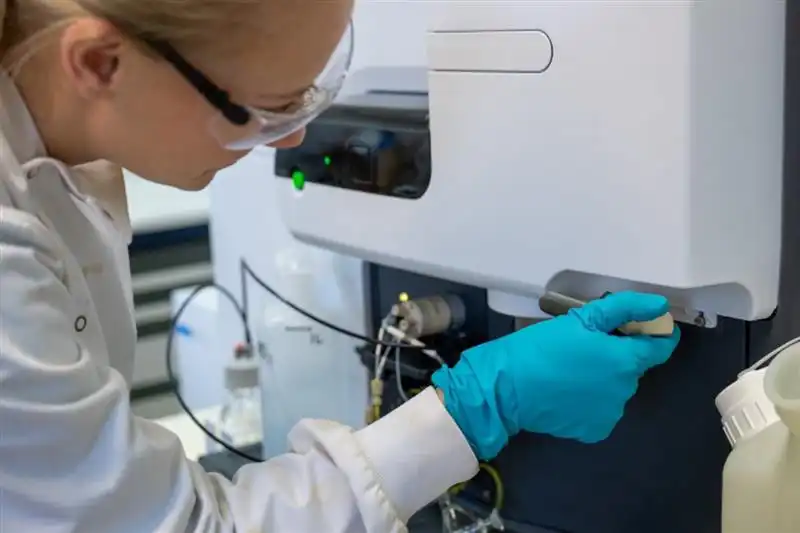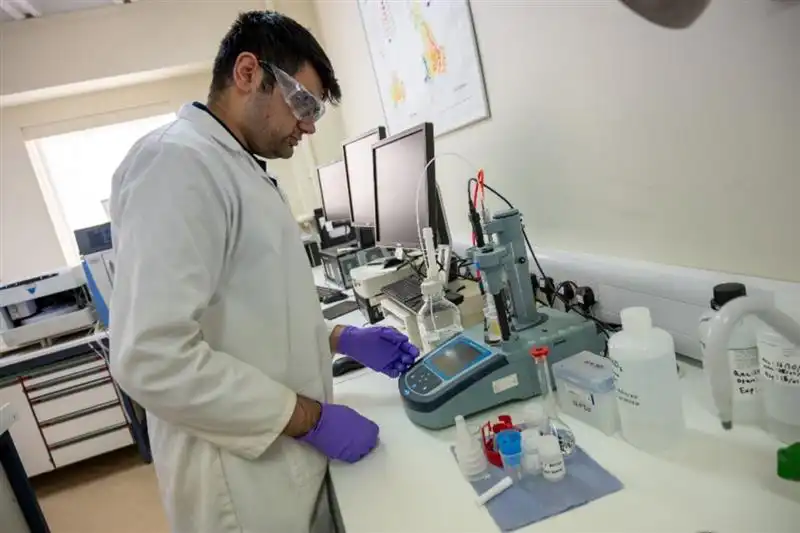Celebrating 25 years of technical excellence at the BGS Inorganic Geochemistry Facility
The ISO/IEC 17025 accreditation is evidence of technical excellence and reliability, and a mark of quality assurance.
08/11/2024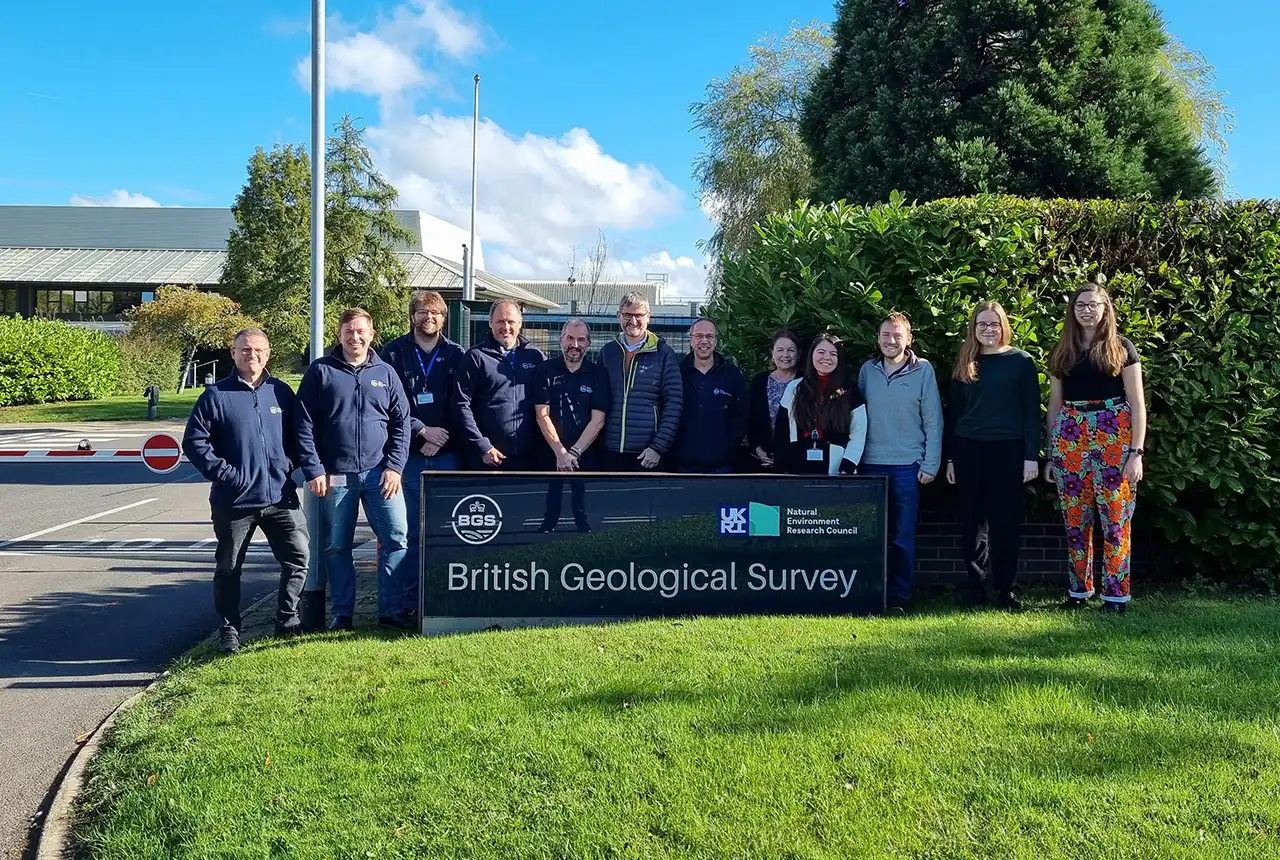
The BGS Inorganic Geochemistry Facility (IGF) provides high-quality analytical expertise and specialist services for the production and interpretation of inorganic geochemistry data for commercial, academic and public sector clients worldwide. This year marks the facility’s 25th ISO/IEC 17025 accreditation, a gold standard that fosters trust in the quality of the facility’s work.
What is ISO/IEC accreditation?
This accreditation is the formal recognition by the UK Accreditation Service (UKAS) that an organisation meets the specific requirements of a standard; in our case, ISO/IEC 17025. Our accreditation ensures that all staff operate according to internationally recognised standards, underpinning our credibility, impartiality and confidentiality, whilst instilling confidence in our customers that the services provided by BGS conform to the highest quality.
Fundamentally, it is the core quality system framework and its management that is accredited, ensuring that all analytical techniques are performed under the same quality assurance requirements. The technical scope of accreditation has evolved over the years, adapting to changes in demand and availability, and currently includes the determination of cation, anion and aqueous parameter concentrations in natural and experimental water samples.
Maintaining accreditation for 25 years highlights the commitment and consistency of high-quality outputs of the IGF and its staff.
How it all started
In August 1999, the then BGS Analytical Geochemistry Laboratory was awarded ISO/IEC 17025 accreditation by UKAS, making the laboratory one of the very few organisations within the UK research community to hold UKAS accreditation at that time. The initial drive to acquire accredited status came from working on samples provided by the Nuclear Industry Radioactive Waste Executive (NIREX), as robust quality assurance was essential for the project. This requirement essentially established the working practices from which the laboratory was able to derive its management system. The work for NIREX heightened the laboratory staff’s appreciation of the benefits of having a comprehensive management system, so it was simply a case of taking small steps to gain formal recognition against ISO/IEC 17025.
As BGS provides global public-good science and work for commissioning bodies and legislators, it is of paramount importance that we can provide credible, impartial data. The accreditation status of the IGF has proved instrumental in receiving long-term, large-scale projects and will continue to do so where credibility and confidence in results are of the utmost importance.
What does it mean for BGS?
The IGF conducts internal audits on all activities as well as having independent experts from UKAS carry out an external audit on an annual basis. Overall, the culture in an ISO/IEC 17025-accredited facility is one of professionalism, accountability and a commitment to excellence, creating an environment that supports high-quality data outcomes used by academics and industry.
BGS has always been highly regarded in the geoscience community and we often set the standard on how to conduct research. Accreditation to an international standard provides formal recognition to wider industry and the UKAS accreditation is a key part of the IGF’s identity, instilling a culture that emphasises quality, reliability and continuous improvement. This strong focus on quality at all stages is one of our key strengths and all members of the team understand and adhere to protocols to ensure compliance and the production of high-quality outputs. The culture of continuous improvement encourages feedback and ensures processes are regularly reviewed and updated.
The accredited status of the IGF has significantly contributed to overseas science partnerships, facilitated BGS-hosted training of laboratory technicians and enhanced capacity-strengthening projects across the globe including Afghanistan, Kenya, Kyrgyzstan, Nigeria, Liberia, Malawi, Saudi Arabia, Tajikistan, Zambia and Zimbabwe.
Due to our accreditation status, the IGF is a highly sought-after industry placement for undergraduate chemistry students who want to specialise in environmental chemistry. The 12-month industry placement we offer to students from the UK, New Zealand/Aotearoa and Australia equips them with the skills they need to excel in both academic and commercial workplaces, with many of the students going on to work in other accredited laboratories and highly regulated industries. Read more about the success of previous students.
How will it continue to be relevant in the future?
The IGF’s accreditation against ISO/IEC 17025 demonstrates our ongoing commitment to quality assurance, the reliability of results and regulatory compliance, which is crucial for environmental monitoring. The IGF remains adaptable to ensure we can meet future requirements and regulations, and maintains a level of preparedness for future, national-scale programmes.
About the author

Dr Olivier Humphrey
Environmental chemist
Relative topics
Related news

Modern pesticides found in UK rivers could pose risk to aquatic life
17/06/2025
New research shows that modern pesticides used in agriculture and veterinary medicines have been found for the first time in English rivers.
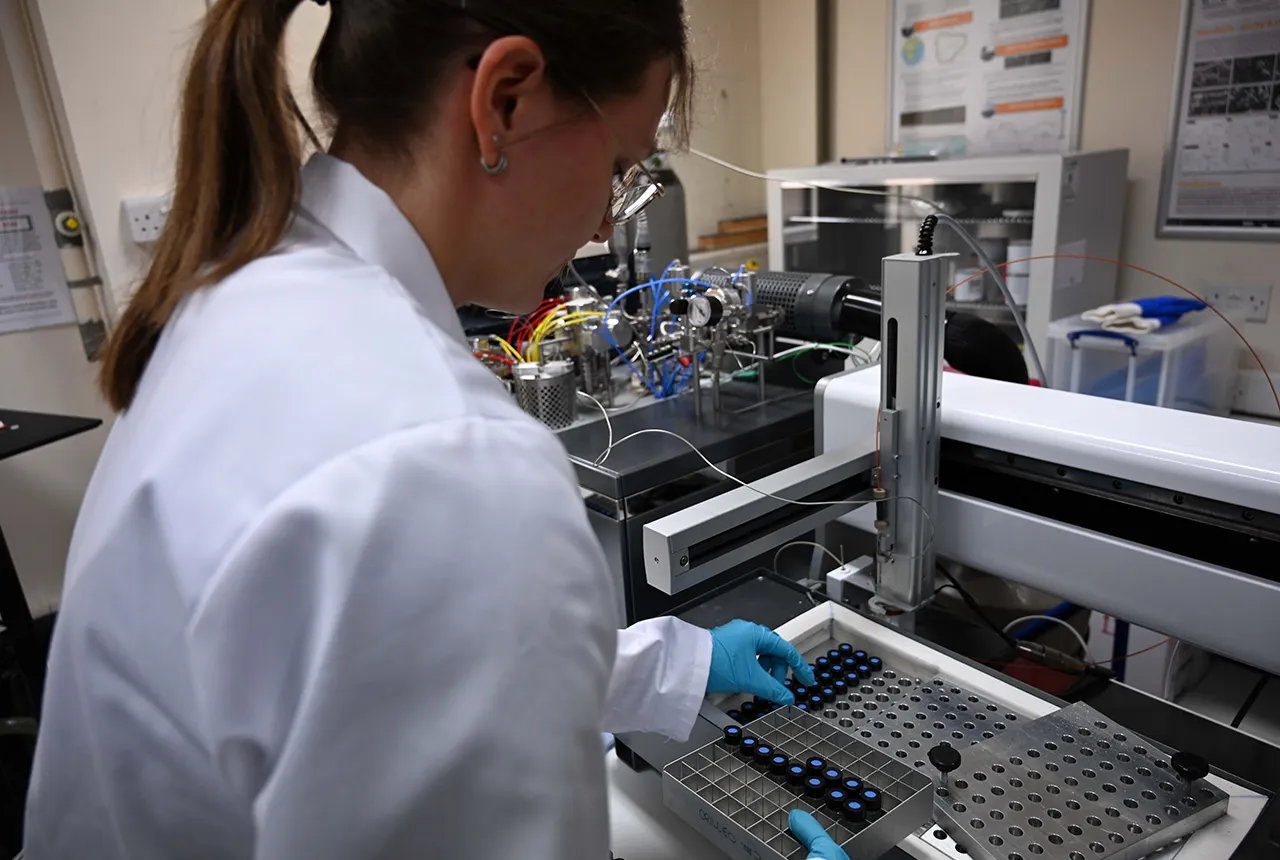
Carbon and oxygen isotope analysis of carbonates and the development of new reference materials
18/12/2024
Dr Charlotte Hipkiss and Kotryna Savickaite explore the importance of standard analysis when testing carbon and oxygen samples.
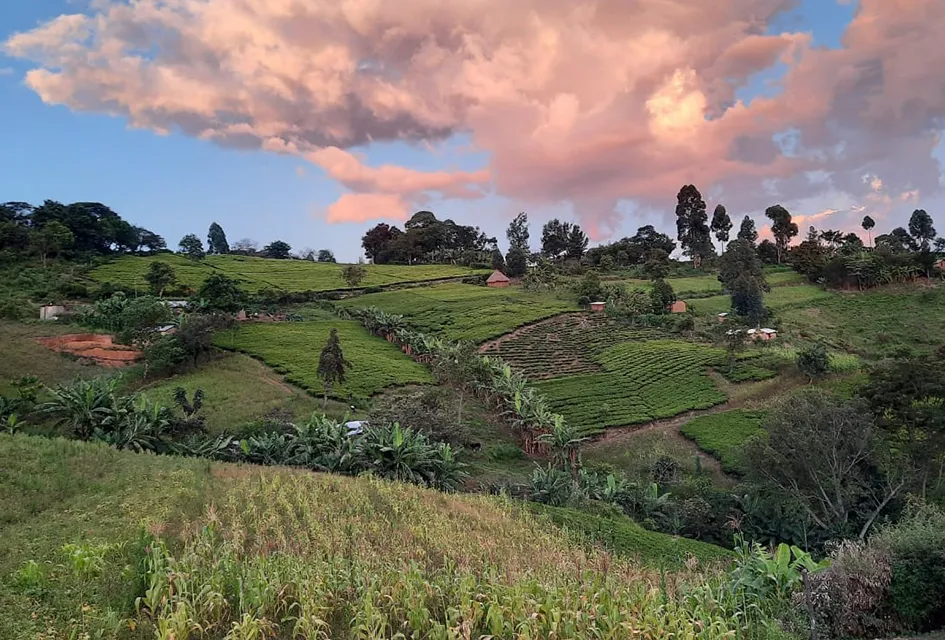
Dynamics of land-to-lake transfers in the Lake Victoria Basin
09/12/2024
In June 2024, a UK/Kenya research team shared research findings from a collaborative, four-year field and experimental programme within Kenya.

Celebrating 25 years of technical excellence at the BGS Inorganic Geochemistry Facility
08/11/2024
The ISO/IEC 17025 accreditation is evidence of technical excellence and reliability, and a mark of quality assurance.
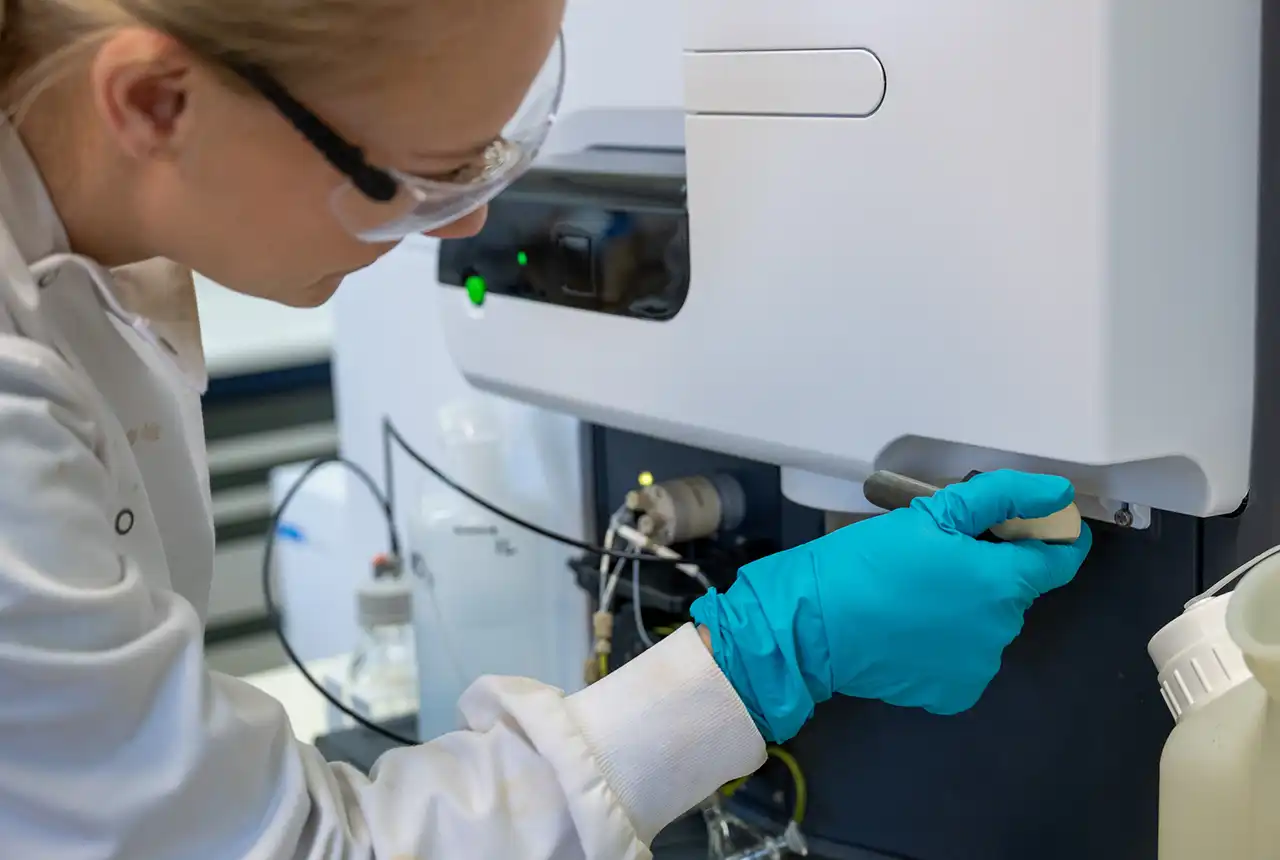
BGS chemists involved in new project developing early detection test for bladder cancer
15/10/2024
BGS is combining its expertise with researchers from Queen’s University Belfast, the University of Dhaka and the International Agency for Research on Cancer to further develop a urine-based early detection test.
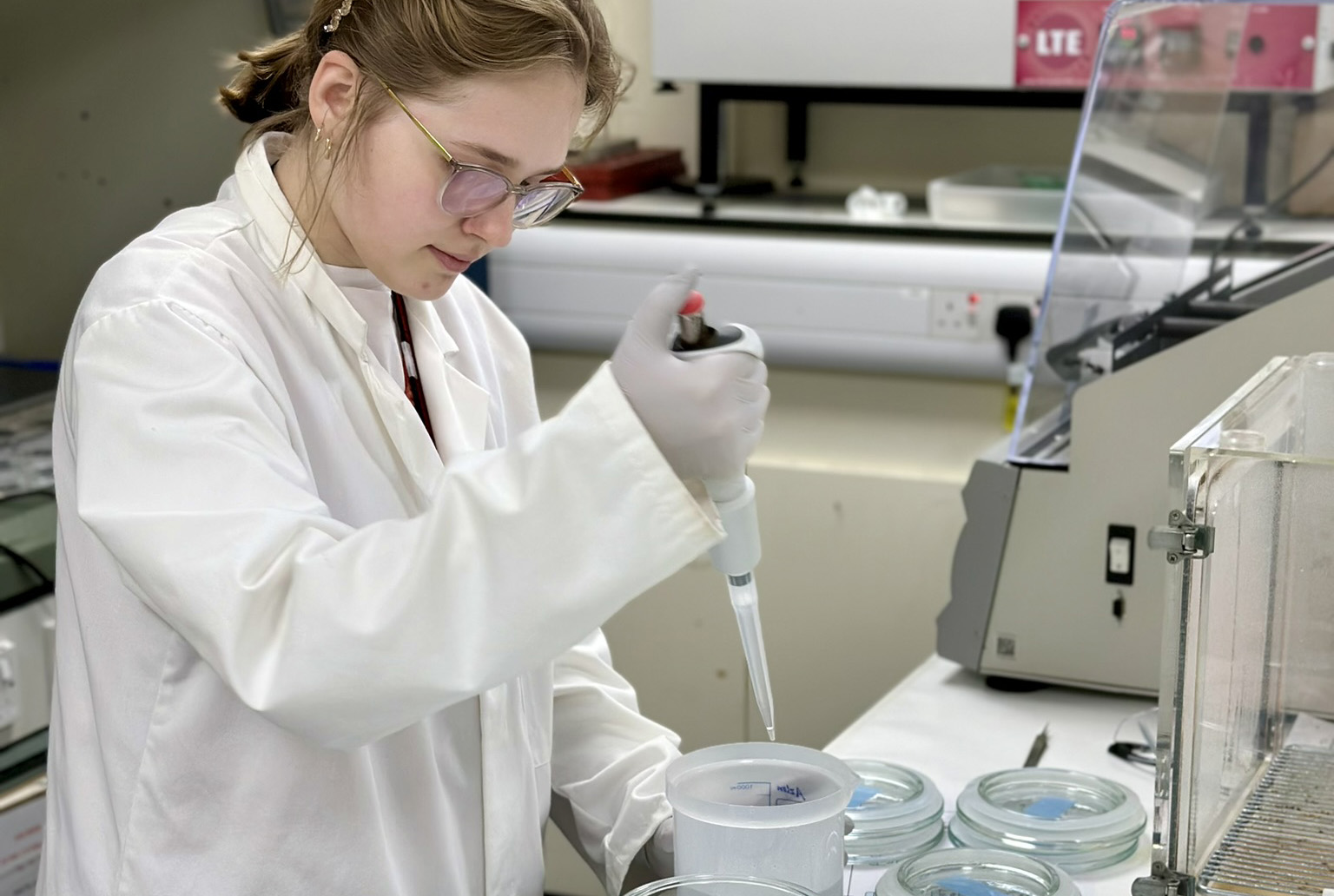
Exploring the role of stable isotope geochemistry in nuclear forensics
09/10/2024
Paulina Baranowska introduces her PhD research investigating the use of oxygen isotopes as a nuclear forensic signature.
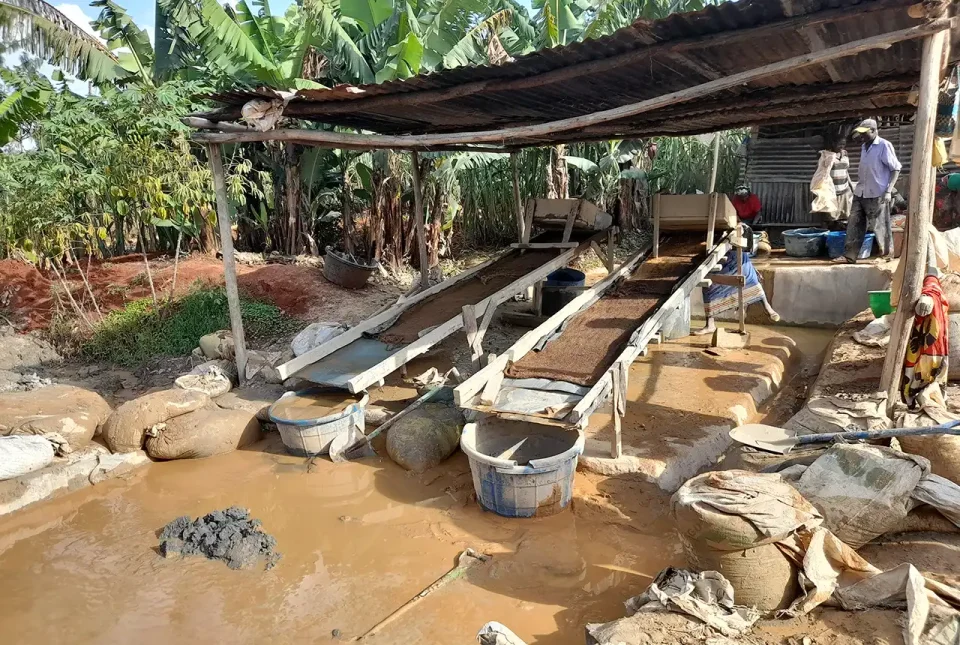
Linking geochemistry and health in artisanal and small-scale gold mining in the Kakamega-Vihiga gold belt, Kenya
09/01/2024
PhD candidate Maureene Auma Ondayo is investigating major and trace element exposure in the environment in Kenya, aiming to reduce exposure of humans to toxic chemicals.
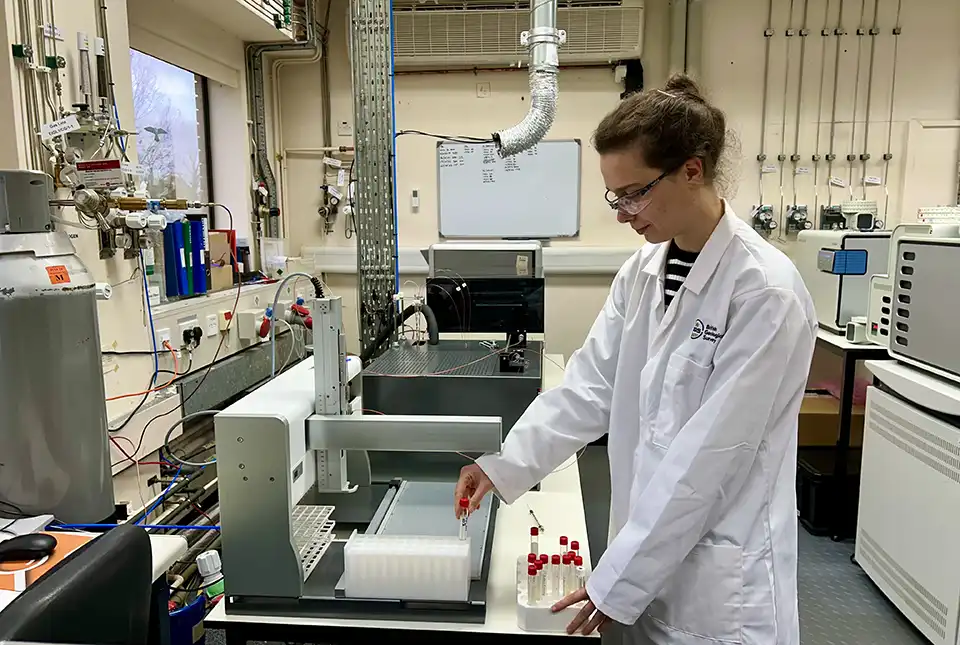
My role as a stable isotope research assistant
19/12/2023
Charlotte Hipkiss has recently taken up a new position in the National Environmental Isotope Facility at BGS and gives us a little insight into her new position.
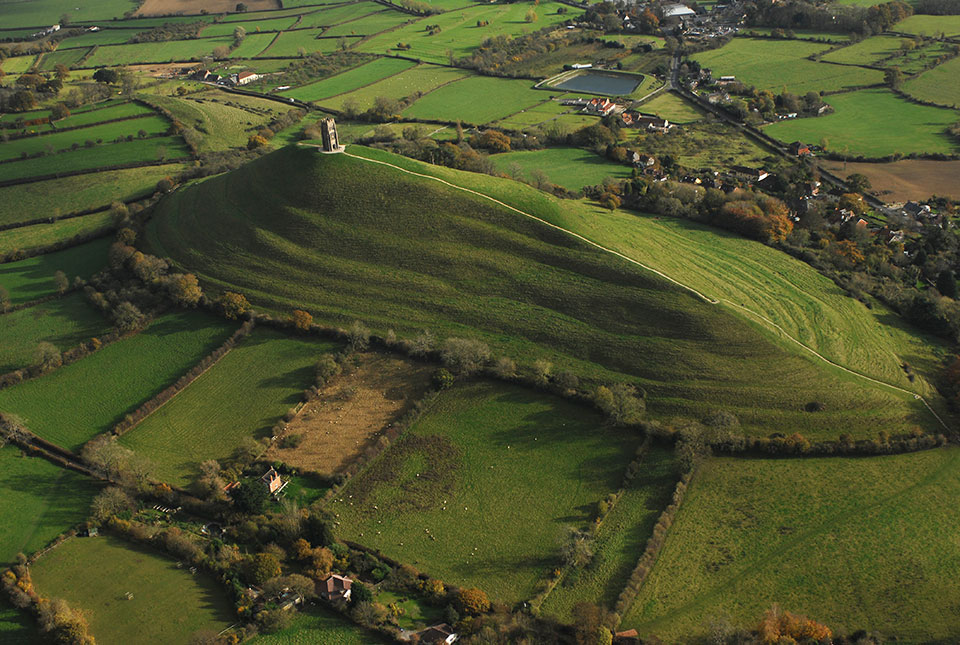
New method developed to identify wetland inhabitants
01/11/2023
BGS-led research has helped develop a method to identify ancient human and animal wetland inhabitants.
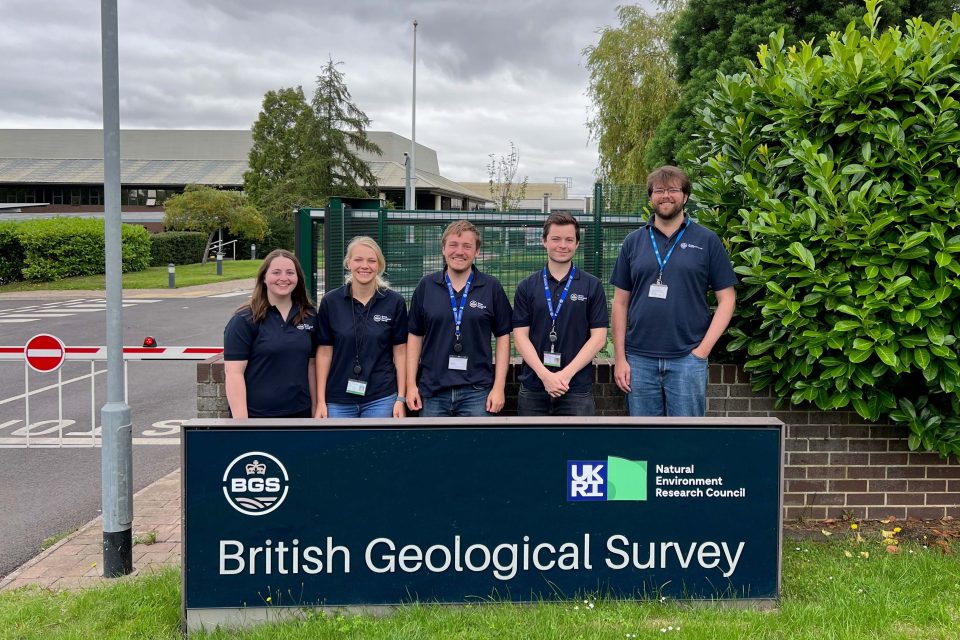
Nurturing early career scientists: 20 years of undergraduate industrial placements at BGS
28/09/2023
Michael Watts, BGS Head of Inorganic Chemistry, and previous placement students reflect on their experiences working at BGS’s Inorganic Geochemistry Facility over the past 20 years.
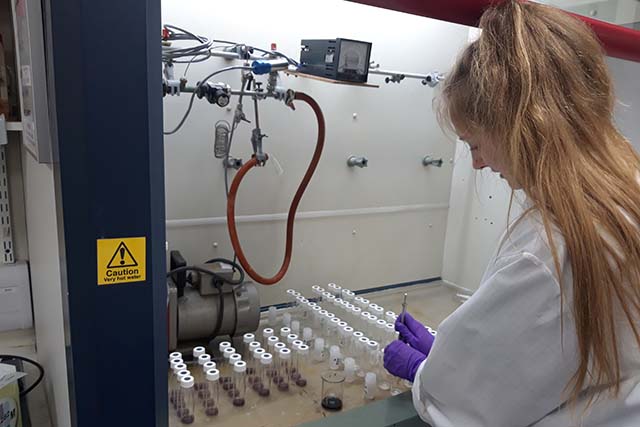
Midlands Innovation TALENT placement at BGS
15/08/2023
Jodie Brown revisits her time at BGS’s Stable Isotope Facility as part of the Midlands Innovation TALENT project, which aims to increase the status of technicians.
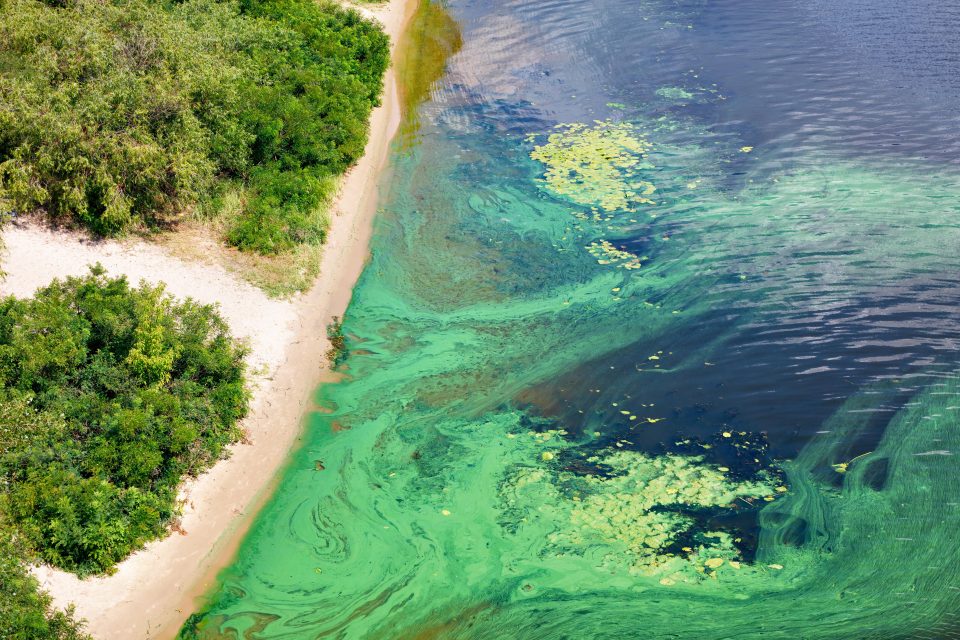
How does public water use influence the amount of phosphorus in the environment?
11/04/2023
New research looks at how phosphorus accumulates in public water systems in the USA.



